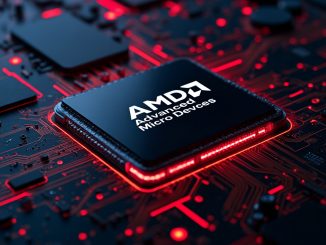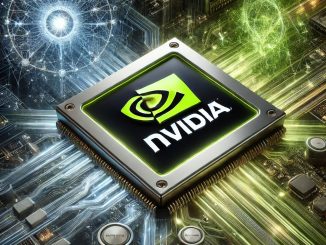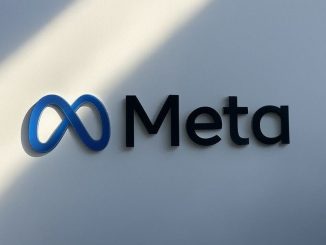
The AI industry, propelled by the capabilities of Nvidia’s GPUs in creating AI chatbots, is witnessing a shift with the rise of AI inference chips. These chips, while less celebrated, are pivotal for the operational phase of AI, known as inference, where AI models apply learned knowledge to generate responses or actions.
This process, although less computationally intensive than training, still requires efficiency, opening the door for competitors like Cerebras, Groq, and d-Matrix, alongside traditional players like Advanced Micro Devices (AMD) and Intel (INTC), to challenge Nvidia’s (NVDA) dominance with chips tailored for inference.
The design and production of these chips is a highly intricate process, as demonstrated by d-Matrix’s recent launch of its AI processor, “Corsair.” This chip, designed to speed through inferencing tasks, achieves impressive performance metrics, processing up to 60,000 tokens per second with a latency of 1 ms per token for Llama3 8B models, and 30,000 tokens per second at 2 ms per token for Llama3 70B models.
From initial design in Silicon Valley to manufacturing and testing across California and Taiwan, the emphasis remains on minimizing the energy and cost demands of AI operations. This approach aims to make AI more accessible, extending its reach beyond tech giants like Amazon (AMZN), Google (GOOG), Meta (META), and Microsoft (MSFT).
AI inference chips are not only about cost-efficiency but also about enhancing the speed of AI responses, crucial for real-time applications. This shift also addresses environmental concerns, as the energy consumption of AI operations, particularly during inference, could be significantly reduced. The broader adoption of these models indicates a growing demand for such specialized hardware, aiming not just at large corporations but also at smaller enterprises looking to leverage AI without the prohibitive costs of top-tier GPU technology.
This movement towards specialized inference hardware underscores a maturing AI market, where the focus is gradually shifting from the training of AI to its practical, efficient deployment in everyday applications.





Leave a Reply